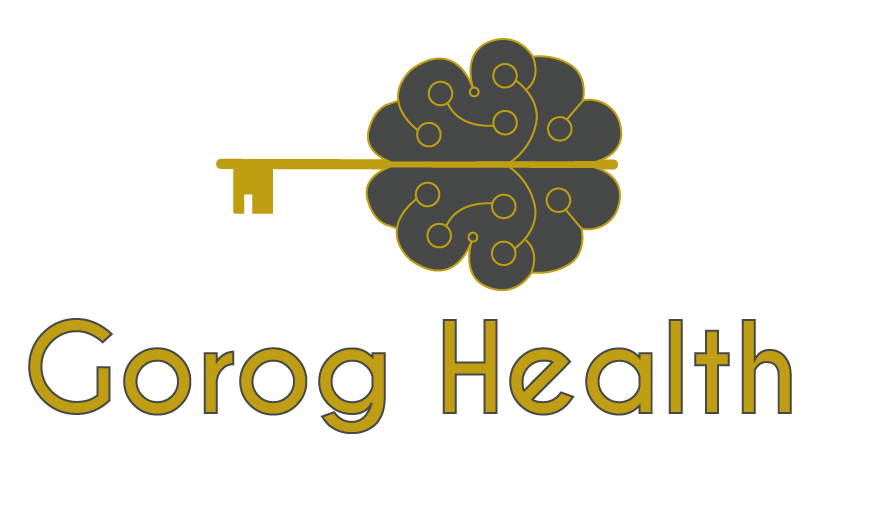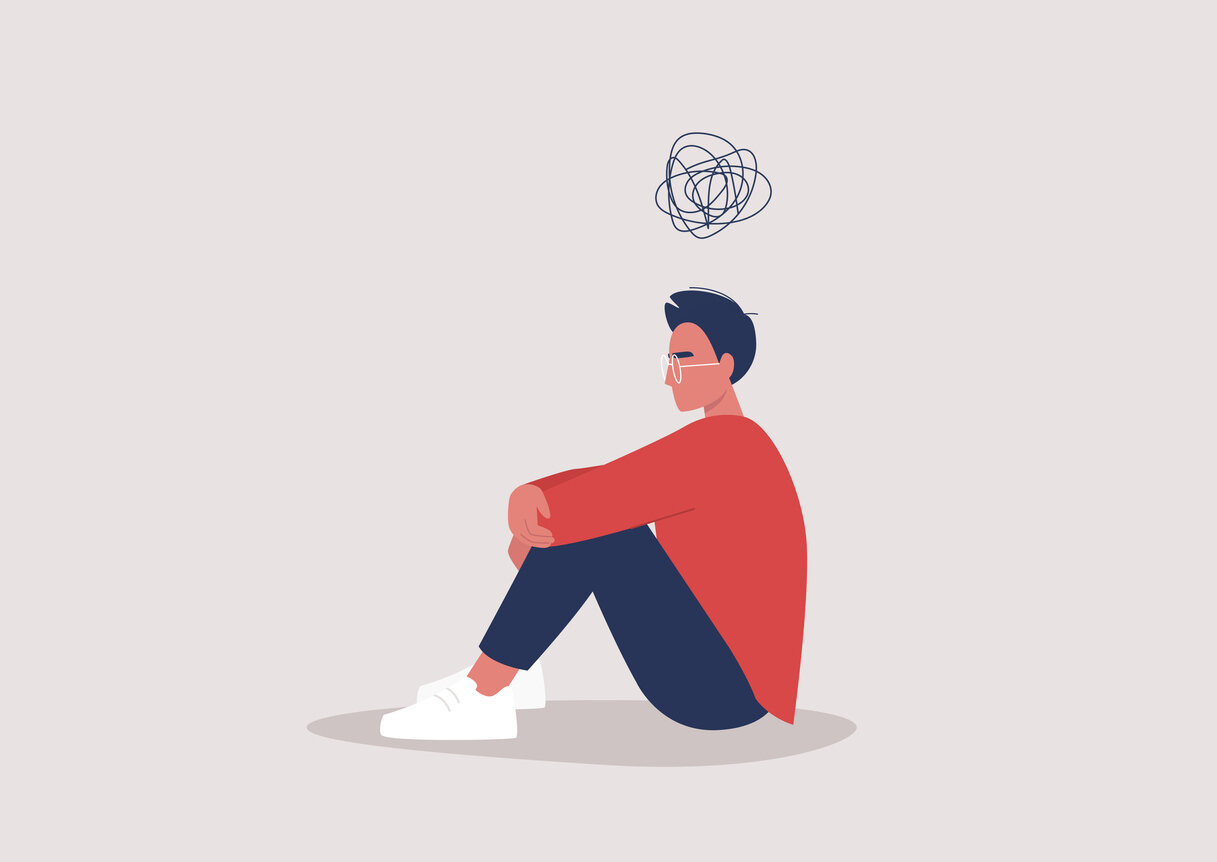Treatment for health illness anxiety disorder based in denver
Somatic Symptom and Related Disorders:
Somatic Symptom disorder and related disorders like Illness Anxiety Disorder constitute a new category in the DSM-5. This is also referred to as hypochondriasis DSM 5. In 2013 the Diagnosis of hypochondriasis was removed to improve diagnostic clarity and reduce the overemphasis and negative stigma associated with having ‘medically unexplained’ symptoms, as was the case in the aforementioned. The pejorative explanation of it “all being in your head” only reinforced a false medical belief (mind-body dualism) and perpetuated one’s psychological distress. As a result, this new classification of disorders are made up of a positive symptom presentation whereby psychological symptoms (cognitive, affective, behavioral) are experienced disproportionate to said concern of symptom (Somatic Symptom Disorder) or illness (Illness Anxiety Disorder).
What is Illness Anxiety Disorder ?
Illness Anxiety is a condition that is typified by a preoccupation with having or acquiring a serious illness.
Whereas most individuals who were formerly diagnosed with Hypochondriasis report having somatic symptoms (physical symptoms), individuals with Illness Anxiety Disorder do not have physical symptoms or only report mild symptoms. If another medical condition is present or there is a high risk for developing a medical condition, a person with Illness Anxiety Disorder will experience preoccupation that is disproportionate to the risk of developing said condition. There is a high level of anxiety about health, and the individual is easily alarmed about personal health status. In order to quell one’s fears, the individual performs excessive health-related behaviors (e.g. repeatedly checks his or her body for signs of illness) or exhibits maladaptive avoidance (e.g. avoids doctor appointments and hospitals).
There are two forms of Illness Anxiety: A) Care-seeking type whereby the individual seeks medical care that excessively in hopes to soothe their anxious mind, and B) Care-avoidant type whereby the individual rarely uses medical care or avoids it altogether out of fear a serious illness might be discovered.
What is Somatic Symptom Disorder?
Individuals with somatic symptom disorder typically have multiple, current, physical symptoms that are distressing. While the individual’s suffering is real, it is often not medically explained. People with Somatic Symptom Disorder typically feel isolated and invalidated in many medical settings and have excessive thoughts, feelings or behaviors related to the seriousness of their symptoms and associated health concerns. While symptoms sometimes represent normal bodily sensations and or discomfort, pain can also be a predominant complaint. Symptoms may be specific (e.g. localize pain) or general (e.g. fatigue), and typically are experienced as distressing. Somatic complaints result in significant disruptions to one’s life for at least 6 months.
What distinguishes Somatic symptom disorder from Illness Anxiety Disorder?
Approximately 75% of individuals previously diagnosed with hypochondriasis are now subsumed under the diagnosis of Somatic Symptom Disorder, whereas 25% of individuals are subsumed under Illness Anxiety Disorder.
The main difference between these two is the predominant complaint of either having a serious illness because reporting symptoms (Somatic Symptom Disorder) or predominant anxiety about contracting or developing a serious illness with no reports of or minimal reports of having symptoms (Illness Anxiety).
How do you approach treatment of Somatic Symptom Disorder & Health Illness Anxiety Disorder?
As a mental health professional, my approach to somatic symptom disorder treatment, health illness anxiety disorder/ health anxiety disorder is compassionate and responsive to a person’s experience. I take very seriously both the medical work up from the physician and the patient's symptom reporting. As such, the first step in my approach will always be to clarify a patient’s medical status in order to ground our treatment approach. It is important to understand an individual’s medical health regardless of whether a serious illness is present or not since Somatic Symptom and Illness Anxiety Disorder can be given in conjunction to another medical condition. That being said, whether an individual is fearful about catching a serious illness (e.g. Covid-19) or is in significant distress about the meaning of their symptoms (i.e. let's say a cough), the approach to treatment is very similar. Like many anxiety disorders, experiential avoidance negatively maintains several cognitive biases that reinforce fear over time and prevent adaptive learning. As a result, for treatment options I use an exposure-response prevention (ERP) and an Inhibitory Learning approach.
Why do I specialize in Health Illness Anxiety and Somatic Symptom Disorder?
People who exhibit symptoms of Somatic Symptom, health anxiety symptoms, or related disorders like Illness Anxiety Disorder or illness anxiety disorder symptoms are generally seen in medical settings. In an ideal world, these patients would be diagnosed with these conditions and referred to psychologists for mental health treatment, however oftentimes this isn’t the case. Instead, both patient and provider typically struggle to find a medical diagnosis that explains a patient’s presenting complaints, which often results in higher medical utilization
As a health psychologist, I worked in medical settings to support medical providers with psychological assessments and interventions specifically to treat the psychological and medical complexity often associated in patients with Somatic Symptom and Illness Anxiety Disorder.
ADJUSTING & COPING WITH COVID LONG HAULER SYMPTOMS
In addition, as COVID-19 continues to affect our society, individuals may be experiencing fear surrounding the potential of getting COVID, but also the medical community is seeing individuals experience what they are naming “covid long haulers” - individuals who experience lingering problems lasting longer than two weeks even after recovering from the acute phase of COVID.
Coping with physical COVID long hauler symptoms can be a debilitating adjustment for individuals and individuals, after experiencing COVID can be left with persisting anxiety, depression resulting from their experience having COVID.
You should not ignore your experience or hardships faced dealing with COVID long-hauler symptoms nor stress, depression, anxiety, or insomnia from fears revolving around COVID. Any symptoms that interfere with your daily life is worth seeking professional advice. As a licensed clinical health psychologist, my job is to help best address these symptoms and problems to help improve your quality of life.
Health Illness Anxiety Disorder Treatment and Therapy in Denver, CO.
If you believe you might be experiencing symptoms of health illness anxiety disorder or somatic symptoms, reach out to Dr. Lauren Gorog to hear about different treatment plans and therapy she offers. As society is coping with the psychological impacts of COVID, Dr. Gorog has seen a steady increase in patients experiencing these symptoms and worked with them in therapy and treatment that helps and enables them to cope and no longer suffer from these symptoms or provides skills and processes that assists individuals in managing long-hauler symptoms or other health illness ailments.



